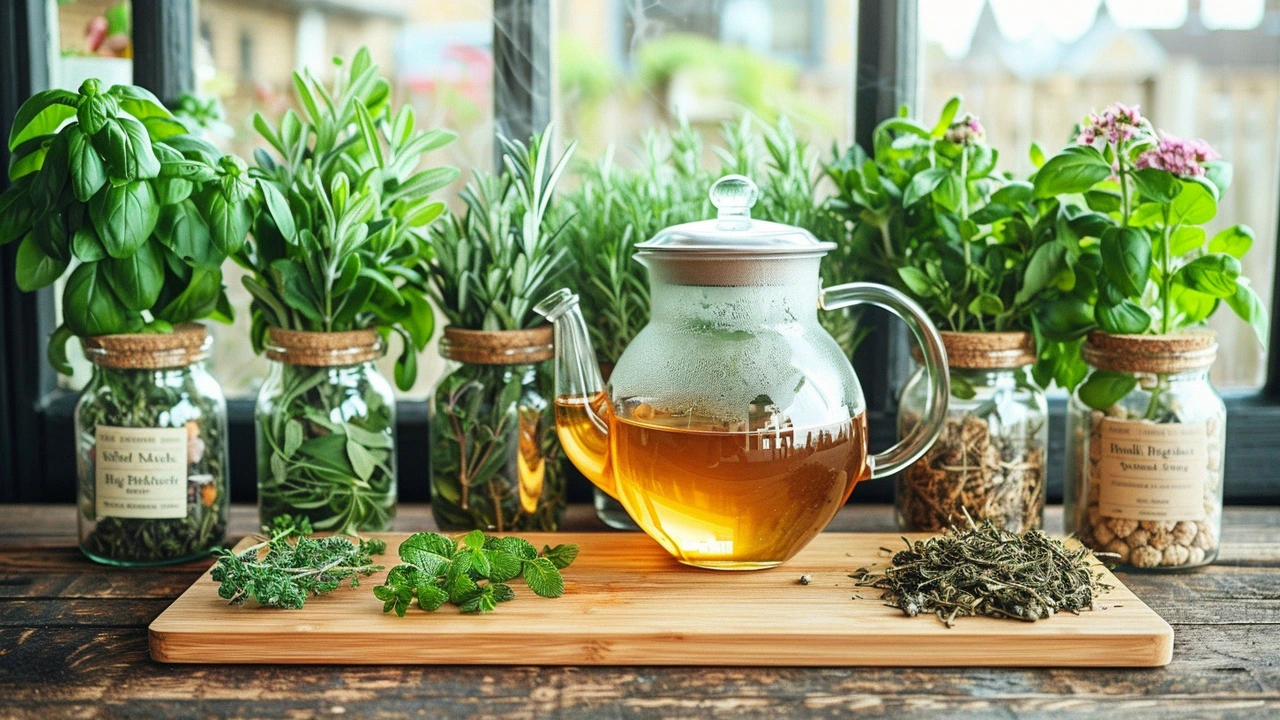Herbal Medicine: Simple Natural Remedies for Everyday Health
If you’ve ever wondered whether a tea bag or a leaf could help with a nagging health issue, you’re not alone. Herbal medicine is all about using plants that have been trusted for generations to support the body. It’s not magic – it’s about real compounds in herbs that can calm inflammation, boost immunity, or improve digestion.
People turn to herbs because they want something gentle, affordable, and easy to find at a grocery store or garden. Unlike prescription drugs that often come with a laundry list of side effects, many herbs work subtly and can be combined with other treatments without a lot of hassle. The key is knowing which plants are backed by real experience and modern research.
Why People Choose Herbs Over Conventional Drugs
First off, herbs are usually less expensive than brand‑name meds. A bag of dried chamomile costs pennies, but it can soothe a restless night just as well as a pricey sleep aid for some folks. Second, herbs tend to have fewer harsh side effects because they’re natural extracts rather than synthetic chemicals.
Third, herbs fit into everyday routines. You can brew a tea, add a few drops of tincture to your water, or sprinkle dried leaves on food. This makes it easy to stay consistent – the hardest part of any health plan is sticking with it.
Popular Herbal Options to Try Today
Chinese Mallow has been highlighted for its nutrient density and ability to support digestion and respiratory health. A simple way to use it is to brew a tea or add the dried leaves to soups. People report feeling more energetic after regular use.
Adaptogens like ashwagandha, rhodiola, and holy basil help the body handle stress. They don’t calm you down like a sedative; instead, they balance cortisol levels so you feel steadier throughout the day.
If you’re after something for skin or hair, Rogaine’s active ingredient, minoxidil, isn’t an herb, but many herbal users swear by saw‑saw (prunella) and rosemary oil to promote scalp health. A few drops of rosemary essential oil mixed with a carrier oil can be massaged into the scalp twice a week.
For joint comfort, turmeric is a go‑to herb thanks to its curcumin content. Pair it with black pepper or a bit of fat (like coconut oil) to boost absorption. A daily capsule or a warm golden milk can keep aches at bay.
When you pick an herb, check the source. Look for reputable suppliers who test for purity and avoid products that list unnecessary fillers. If you have any health conditions or take prescription meds, a quick chat with your doctor never hurts – some herbs can interact with drugs.
Starting small is the best approach. Choose one herb that matches a current need, try it for two weeks, and note how you feel. Keep a simple log: what you took, dosage, time of day, and any changes in symptoms. This helps you see real results without guessing.
Remember, herbal medicine isn’t a replacement for professional medical advice, but it can be a solid complement. With the right knowledge, you’ll find that a few plant‑based options fit smoothly into your lifestyle and give you more control over everyday health challenges.
Discover the unexpected health advantages of Panax pseudoginseng. Learn about its medicinal properties, how to integrate it into your daily routine, and the science supporting its use. A guide for those seeking natural ways to boost health and well-being.

